Change Readiness Revisited: The Nexus of Mind and Structure
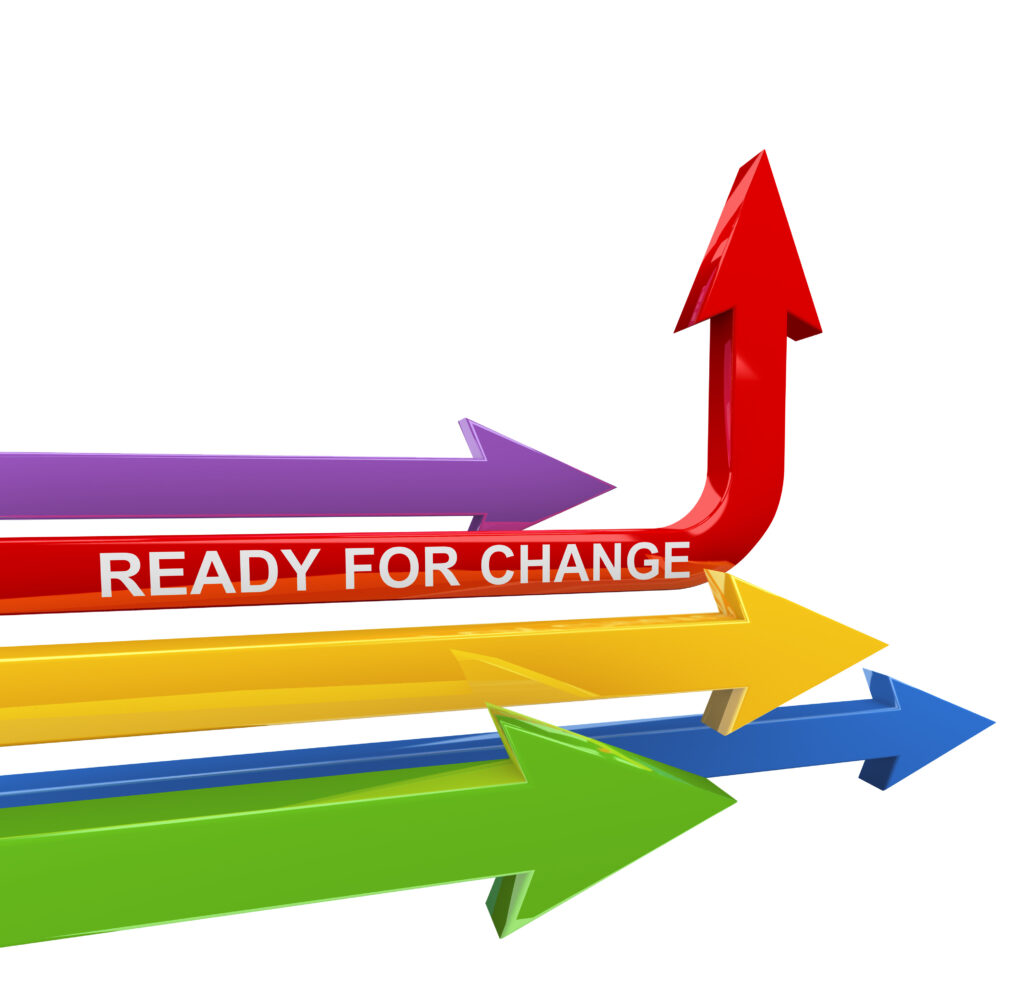
Too often, “change readiness” gets treated as a quick pre-flight checklist: assess attitudes, confirm sponsorship, deliver communications, then launch. This article argues that readiness is better understood at the intersection of organizational psychology and management theory, where the “soft” realities of belief, emotion, and motivation meet the “hard” realities of structure, strategy, systems, and resources. […]
Why Classic Change Models Struggle with Modern Speed
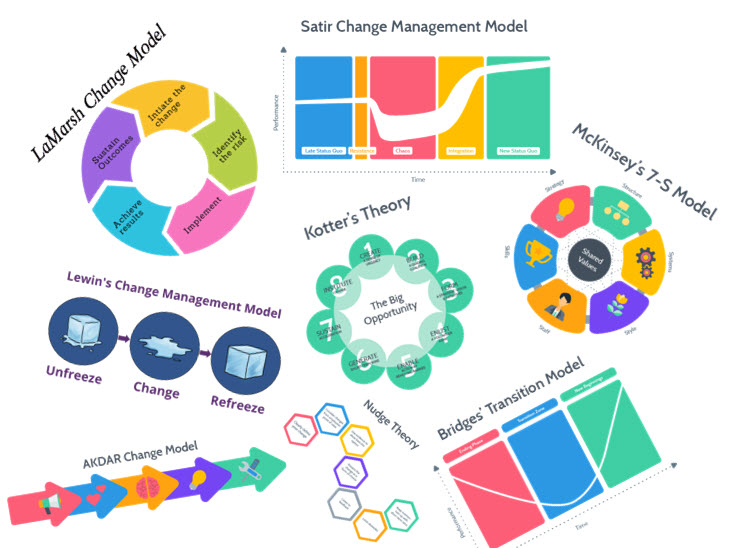
Established change management models still have real value. Their core ideas—creating a compelling vision, building dissatisfaction with the status quo, planning the work, empowering people, and consolidating gains—haven’t suddenly become irrelevant. What has changed is the context. Leaders today are dealing with unprecedented speed, simultaneity, and complexity. Multiple transformations run in parallel. Technologies, markets, and […]
The Trouble with CANs
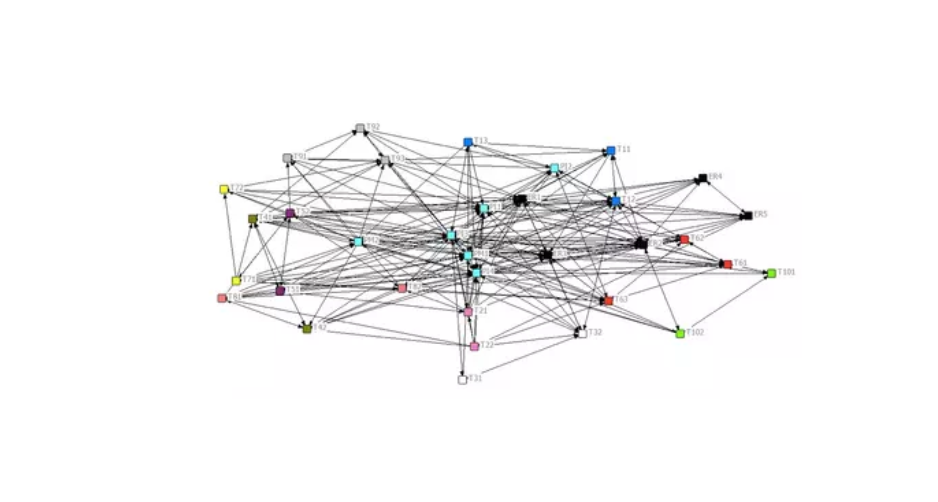
Change agent networks (CANs) are a popular mechanism for scaling adoption across complex organizations. In theory, they extend the reach of a small transformation team by deputizing credible insiders to translate strategy into local behavior change. In practice, however, many networks struggle to show measurable impact. They are busy, visible, and well-intended – but not […]
Change as Play

When I first saw Boonstra’s “Organizational Change as Collaborative Play” (2019), the title left me skeptical. I read it anyway, and I’m glad I did. Boonstra offers a credible alternative to top-down, plan-and-push change. Using “play” as the core metaphor, he reframes change as a collective search in which people co-create a desirable future through […]
Communicating About Change with Clarity

Much is written about communication during change: critical communication by leaders regarding vision and strategic intent, general and targeted communication to stakeholders, the value of storytelling, even the notion that communication is the lifeblood of successful transformation. And, as we know, most communications are either read, skimmed, or ignored. But communication is both indispensable and […]
Pattern Spotting During Change
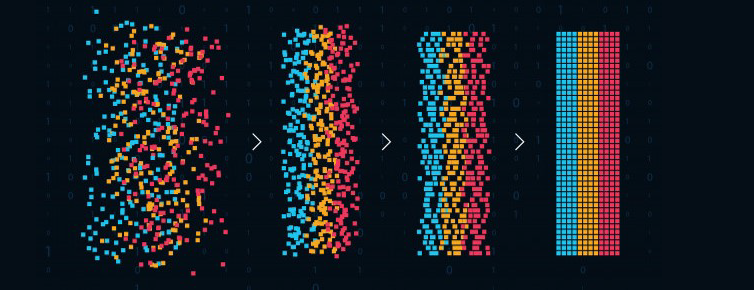
In statistics, pattern recognition is the application of mathematical tools to enhance decision-making support. It involves classifying and clustering based on the patterns identified in data. In psychology, pattern recognition is a cognitive process that matches information from a stimulus with information retrieved from memory. This pattern recognition usually requires repetition of experience. Semantic memory […]
Reimagining Change Leadership: Returning to Lewin and Burns
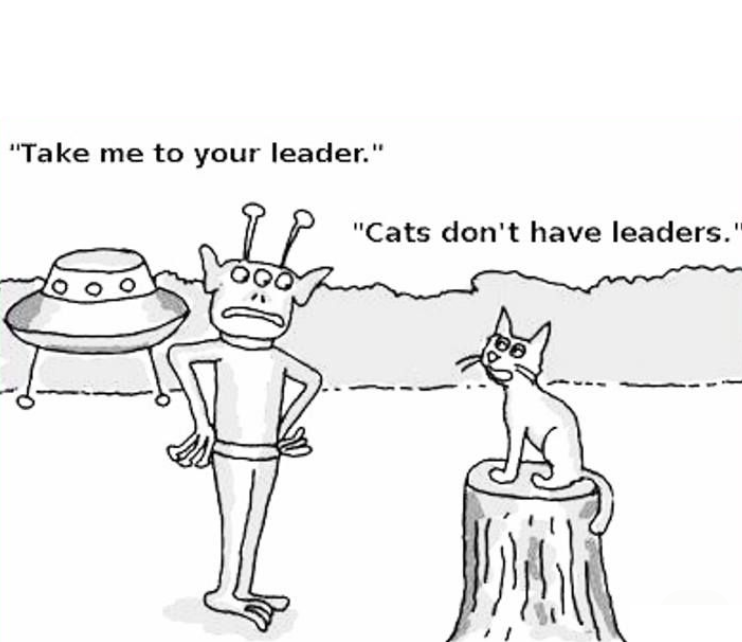
Kurt Lewin and James Burns remain two of the most influential voices in organizational change and leadership. Yet their ideas have often been misinterpreted, diluted, or outright distorted, leaving us with orthodoxies that emphasize control and self-interest instead of participation and morality. If we are to meet the challenges of today’s organizations, it’s time to […]
Closing the Academic-Practitioner Gap in Change Management

Continuing to build on the disparity between academic and practitioner in change, a study by Phillips and Klein (2022) explores the alignment between theoretical change management strategies and their practical application. These researchers identified 15 common strategies from 16 established change management models and frameworks, then surveyed 49 practitioners to assess how frequently these strategies are utilized in […]
The Theory-Practice Divide in Change Management
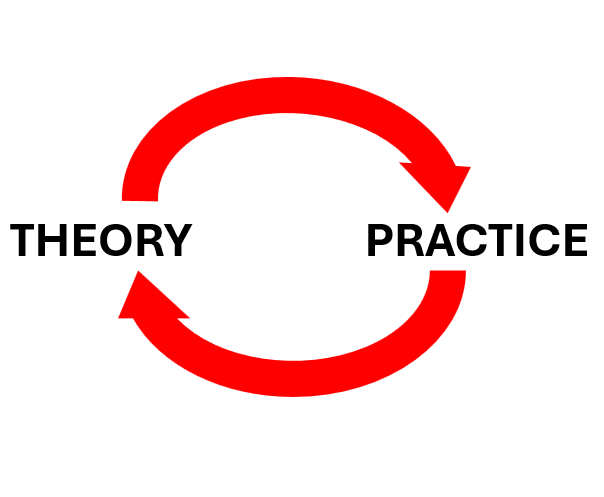
Change management has no shortage of models and advice, but does the research that fills our shelves match the work change practitioners do every day? This article draws on Julien Pollack’s 2015 study of the “theory–practice divide” in organizational change, which used scientometric analysis and practitioner interviews to compare how change is talked about across […]
Has Change Management Really Progressed? A Look at the Evidence
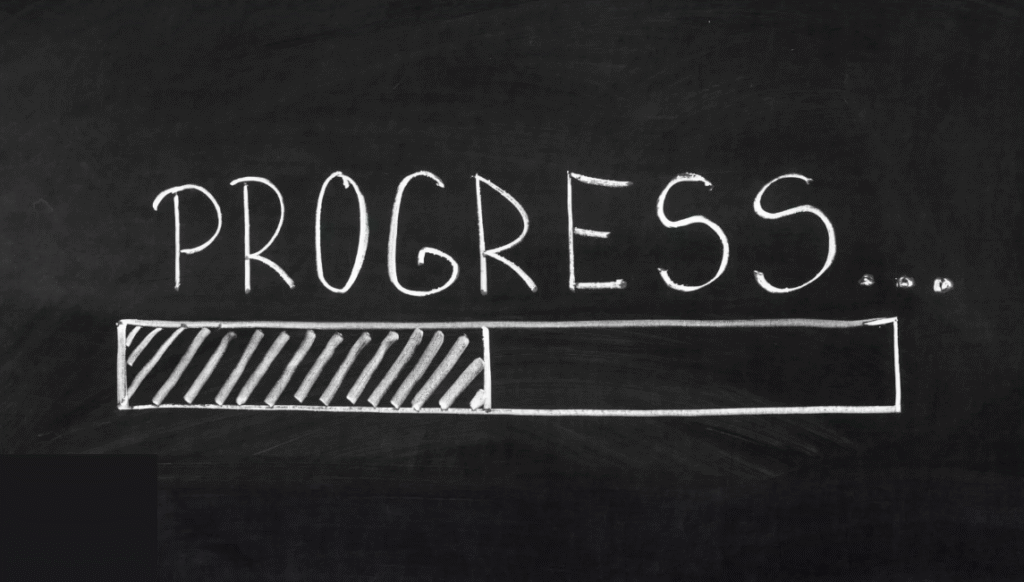
“Where is the Progress in Organizational Change?” This is the title of a thought-provoking paper I read recently authored by Elizabeth Goodfellow and Jason Mazanov (2017). It begs an important question: Has our craft evolved to meet the challenges of the modern world, or are we still relying on old models and frameworks that were […]
Designing Interventions with the Behavior Change Wheel
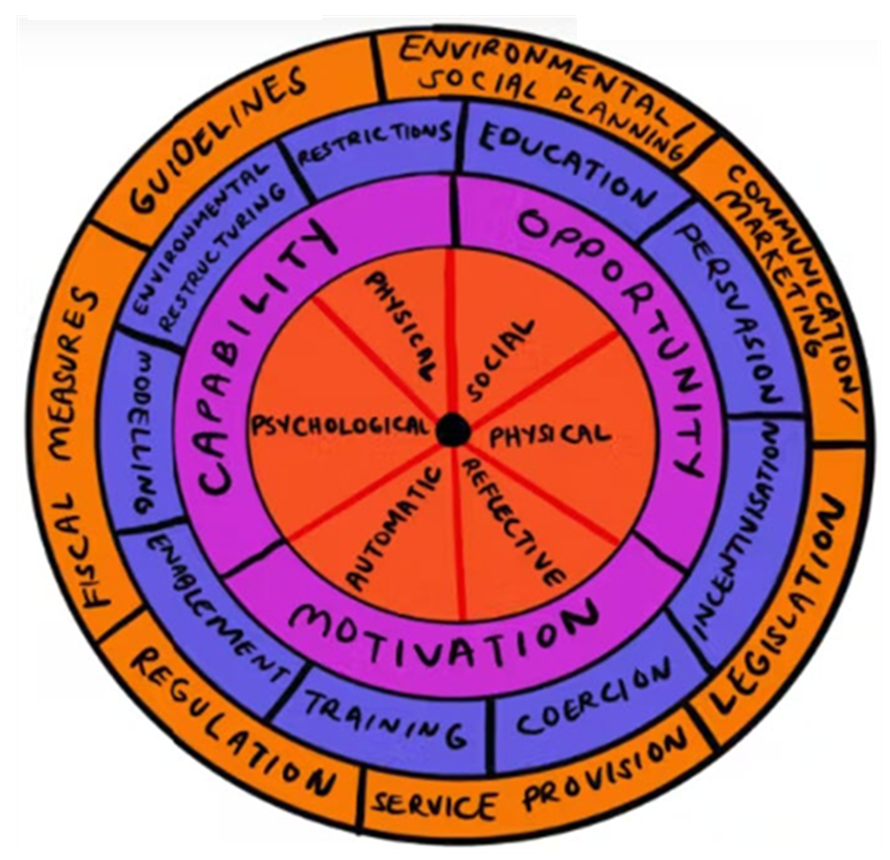
The Behavior Change Wheel (BCW) is a comprehensive framework designed to move beyond intuitive, often ineffective, approaches to change intervention design. It was developed from a synthesis of 19 existing frameworks and provides a structured, theoretically informed method for understanding behavior and developing interventions. The framework centers on the Capability, Opportunity, Motivation – Behavior (COM-B) model and the Theoretical […]
Applying Behavioral Science to Change
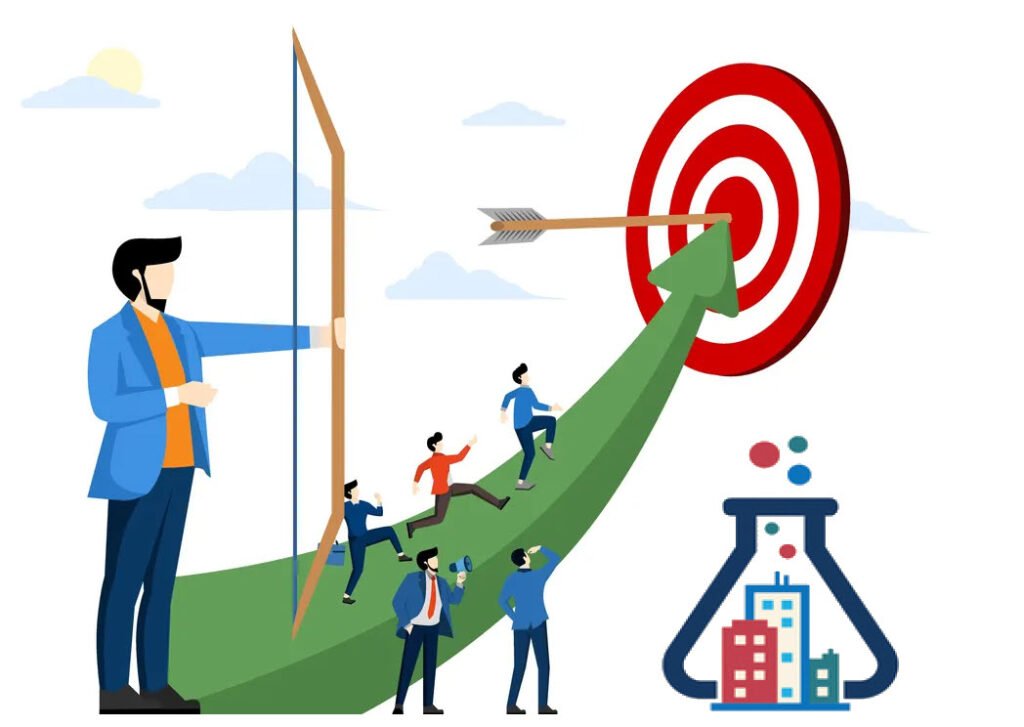
Too many change initiatives fail because they treat people like rational machines. Behavioral science reminds us that change is messy, emotional, and full of bias. In their book, “The Dynamics of Business Behavior: An Evidence-Based Approach to Managing Organizational Change (2024), Barrah and Jordanov offer a compelling argument for the integration of behavioral science into […]
